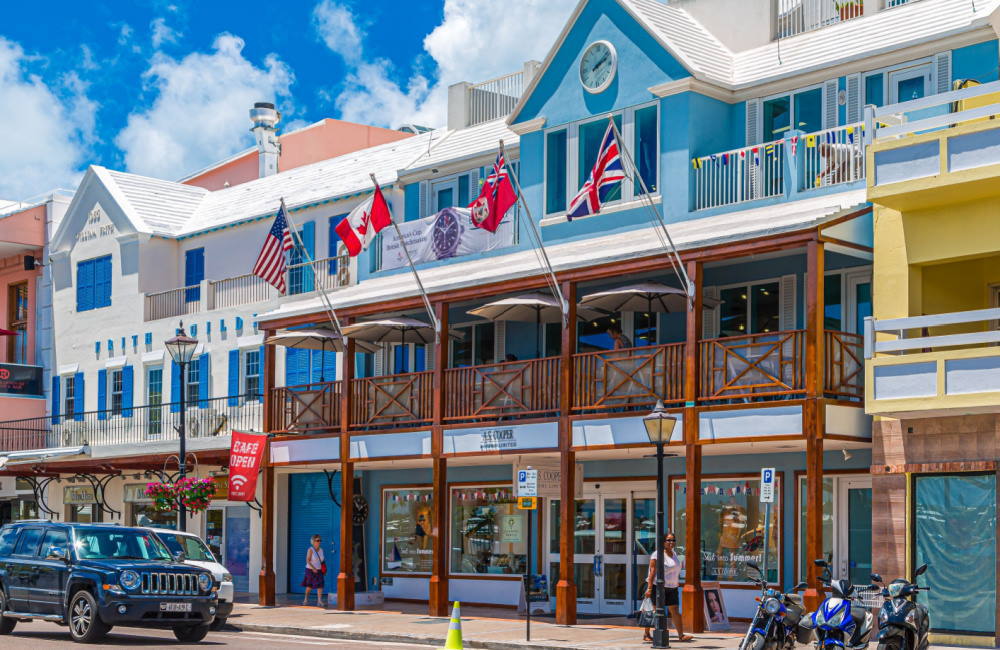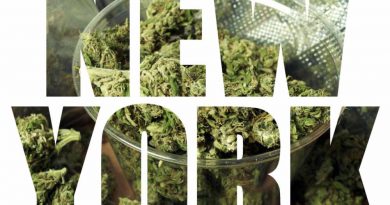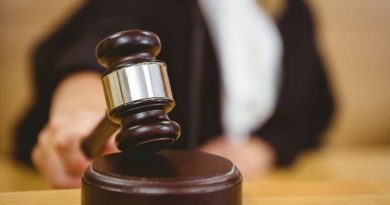Cannabis Prohibition in the UK Is Blocking Changes in Bermuda’s Marijuana Law
One country that rarely if ever comes up in conversations about marijuana legalization is the United Kingdom. That’s because much like most of Asia, leadership in the UK remains more in favor of cannabis prohibition than legalization.
That’s recently led to problems in Bermuda, the UK’s oldest overseas territory that became a crown colony in 1684. Lawmakers in Bermuda decriminalized personal possession of up to seven grams of cannabis in 2017. In 2022, they passed a law to set up a cannabis licensing authority that would grant businesses licenses to grow and sell marijuana for personal use. The Bermuda marijuana law also gave the licensing authority power to regulate the industry.
The decision to expand Bermuda’s marijuana laws came in part because cannabis prohibition disproportionately impacts Black islanders. Bermuda’s Attorney General Kathy Lynn Simmons went as far as to say cannabis prohibition has represented the “stain of colonialism,” according to the Washington Post.
Unfortunately for Bermudians, the British government doesn’t quite see it that way.
British Governor Does Not Support New Law
Governments in a crown colony – there are 14 of them, the last remnants of the British Empire – must get approval of the British-appointed governor on new laws. In modern times, this is typically a formality. However, that was not the case with the marijuana law.
The UK-appointed governor, Rena Lalgie, did not assent to the bill. She said she withheld assent as instructed by the UK government. They have concerns the marijuana law will violate international drug control treaties that prohibits signatories – including the UK government – from permitting recreational use of cannabis.
In her statement, Lalgie noted that the treaties include the 1961 Single Convention on Narcotic Drugs and the 1971 Convention on Psychotropic Substances, both set out in United Nations Conventions.
The failure to assent may actually trigger a constitutional crisis in Bermuda, according to the Post, because it’s such a rare event. Peter Clegg, a professor of politics and international relations at the University of the West of England, Bristol, told the Post he couldn’t remember another instance in which a territorial governor withheld assent from a bill approved by the local government.
Cannabis Prohibition Could Embolden Bermuda Independence Movement
There are few, if any, places in the world where cannabis prohibition could ignite a constitutional crisis, but Bermuda may be one of them. The call for independence in the archipelago has waxed and waned over the years, but the call for consideration of breaking with the UK increased after Lalgie’s announcement.
Bermudian Premier E. David Burt said the decision con the Bermuda marijuana law could “destroy” the territory’s relationship with the UK. Simmons, the attorney general, called the decision ““disappointing, but not surprising, given the confines of our constitutional relationship with the U.K. government and their archaic interpretation of the narcotic conventions.”
The blocking of legalization in Bermuda came in the first week of British Prime Minister Liz Truss, who resigned after only six weeks in office. Lalgie said the direction for her decision came from the Foreign Secretary. However, Truss served as Foreign Minister right up to the time she became prime minister, and most in the UK believe Truss herself made the decision on Bermuda’s marijuana laws.
Bermudian officials, including Simmons, said they plan to move forward with the law, a move that puts the territory on a collision course with the UK government and is leading to increased calls for independence for the archipelago.




